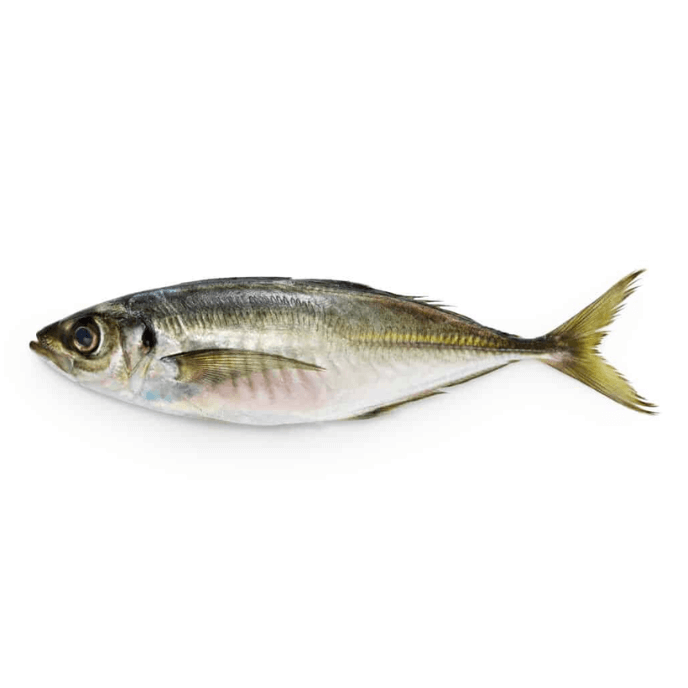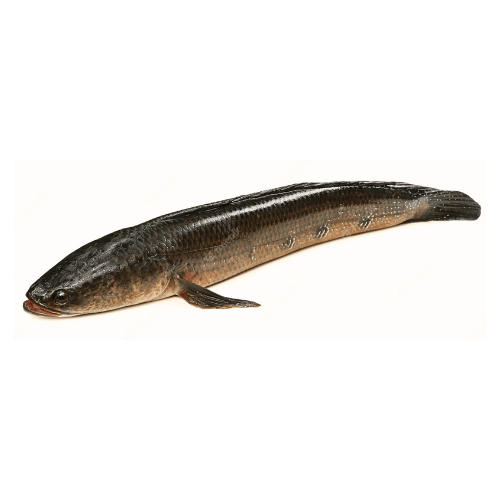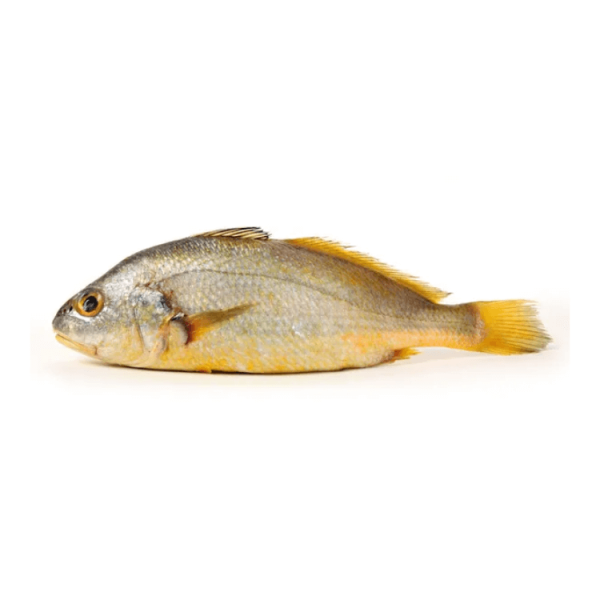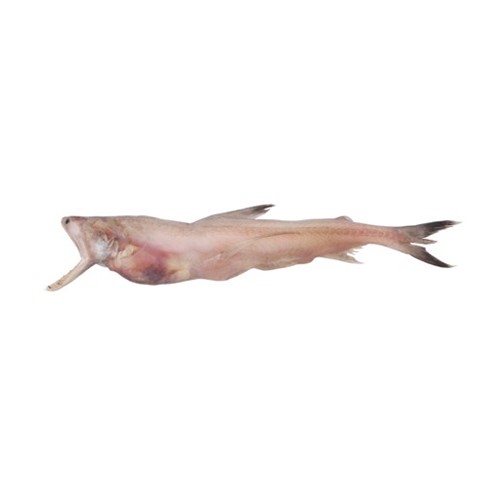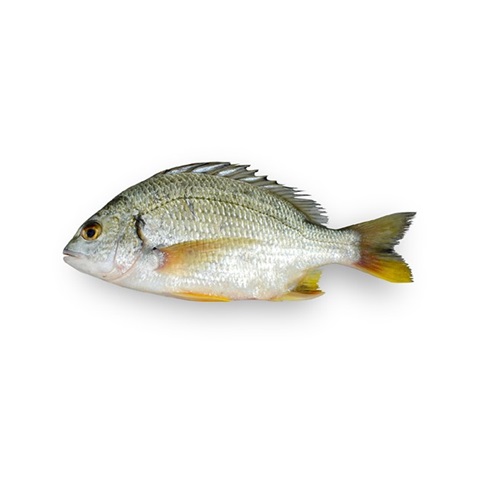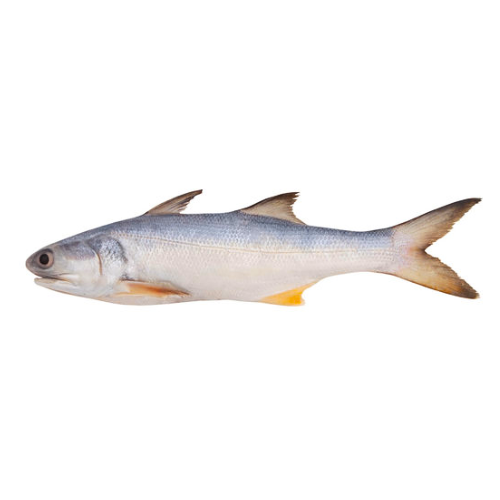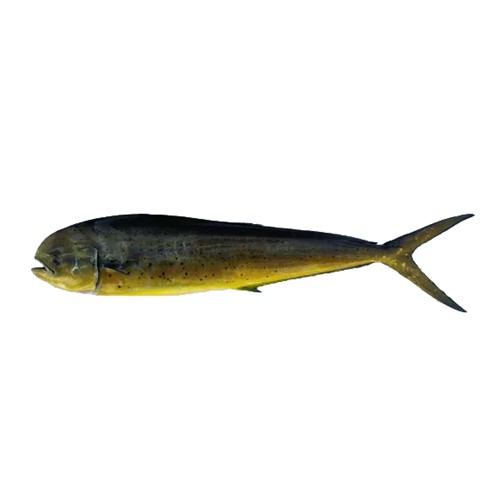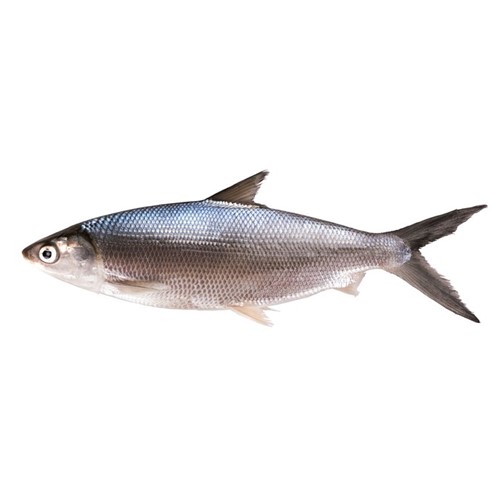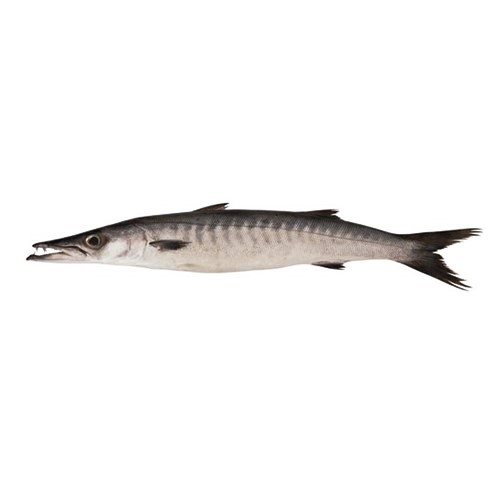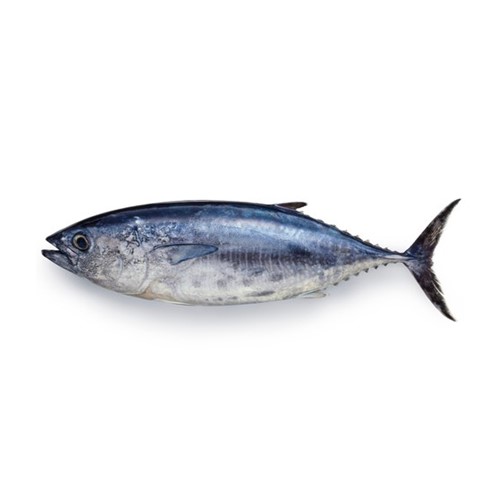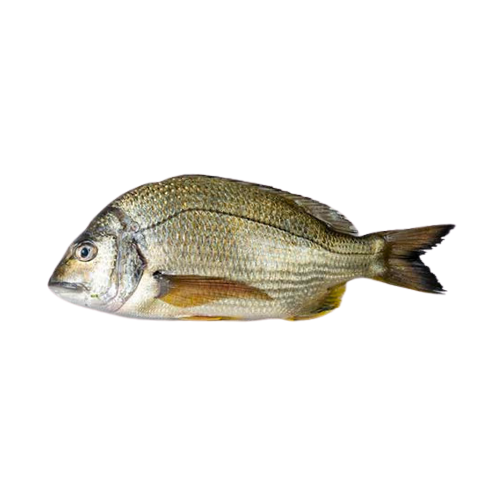Introduction
Horse mackerel (Kawwa) stands out due to its widespread availability, low price tag, nutritional richness with omega-3s and essential nutrients, and versatility in culinary preparations like grilling, frying, and steaming. Its cultural significance and economic importance in Pakistani exports underscores its importance.
As a vital part of marine ecosystems, it occupies a key position in the food chain. This fish’s distinct flavor profile, adaptability to traditional preservation methods, and contribution to research on sustainable fishing practices further enhance its uniqueness. Overall, horse mackerel’s combination of ecological significance, culinary diversity, and nutritional value makes it a special and valued resource.
Flavor Profile
The flavor profile of horse mackerel is generally described as mild to moderate in intensity, with a distinct but not overpowering fish taste. It is often considered less fishy compared to some other types of mackerels, making it appealing to a broader range of palates. The flavor can be influenced by various factors, including the fish’s habitat, freshness, diet, and how it’s prepared.
In terms of texture, horse mackerel typically has a firm and meaty consistency. The flesh is not perfectly white after cooking and has some bones too. The flesh holds together well during cooking and retains its integrity, making it suitable for grilling, baking, and pan-frying. This texture is also a reason why horse mackerel is sometimes used in sushi dishes. The meatiness of the fish adds substance to various culinary preparations.
Nomenclature
English Name: Horse Mackerel, Scad, Jack Mackerel, Selar
Local Name: Kawwa
Scientific Name: Trachurus spp
Habitat
The horse mackerel (Kawwa) is a pelagic fish species that inhabits open waters of various oceans, including the Arabian Sea. In the Arabian Sea, horse mackerel can be found in both coastal and offshore regions. It tends to prefer warmer waters and is often associated with oceanic currents and upwelling zones that bring nutrient-rich water to the surface.
Horse mackerel are known to form schools or aggregations, which can move in response to factors like temperature, prey availability, and water currents. They are often found at various depths in the water column, which can include both surface waters and deeper layers.
Catching Method
Horse mackerel (Kawwa) in the Arabian Sea are often caught using a variety of fishing methods that take advantage of their pelagic nature and schooling behavior. Some of the common catching methods used in the Arabian Sea and other similar regions include Purse Seining, Trawling, Gillnetting, and Longlining etc.
Physical Attributes
Horse mackerel ( Kawwa ) possess elongated bodies, metallic blue-green to silver coloration on the dorsal side, and a silvery-white belly. They exhibit a forked tail fin, a lateral line, and finlets behind dorsal and anal fins. These adaptations facilitate rapid swimming and schooling behavior in open ocean environments.
Size
The size range of a Horse mackerel can vary widely depending on factors such as species, age, habitat, and environmental conditions. Generally, it can weigh anywhere from a few 100 gm to 400 gm.
Cutting Preferences
Since Horse mackerel is relatively a small fish, the only preferable cutting for it is whole (gutted).
Approx. Cutting Yields
Whole: 100 %
Gutted: 80 %
Headless and Gutted: 60 %
Cooking Preferences
In South Asia, particularly in countries like India, Bangladesh, Sri Lanka, and Pakistan, horse mackerel is enjoyed as a popular seafood option with regional culinary twists. It is used in curries, frying, grilling, biryani and pulao, and dry preparations, etc.
Health Benefits
Horse mackerel fish offers notable health benefits due to its high protein content, omega-3 fatty acids, and essential nutrients. Rich in vitamins like D and B12, it supports bone health and energy metabolism. Omega-3s promote heart health, reduce inflammation, and enhance brain function. Selenium and phosphorus contribute to cell health and bone strength.
The fish’s low mercury levels make it a safer seafood choice. Incorporating horse mackerel into a balanced diet can aid cardiovascular well-being, brain function, and overall nutritional intake, making it a valuable addition for those seeking a healthful and delicious protein source.




